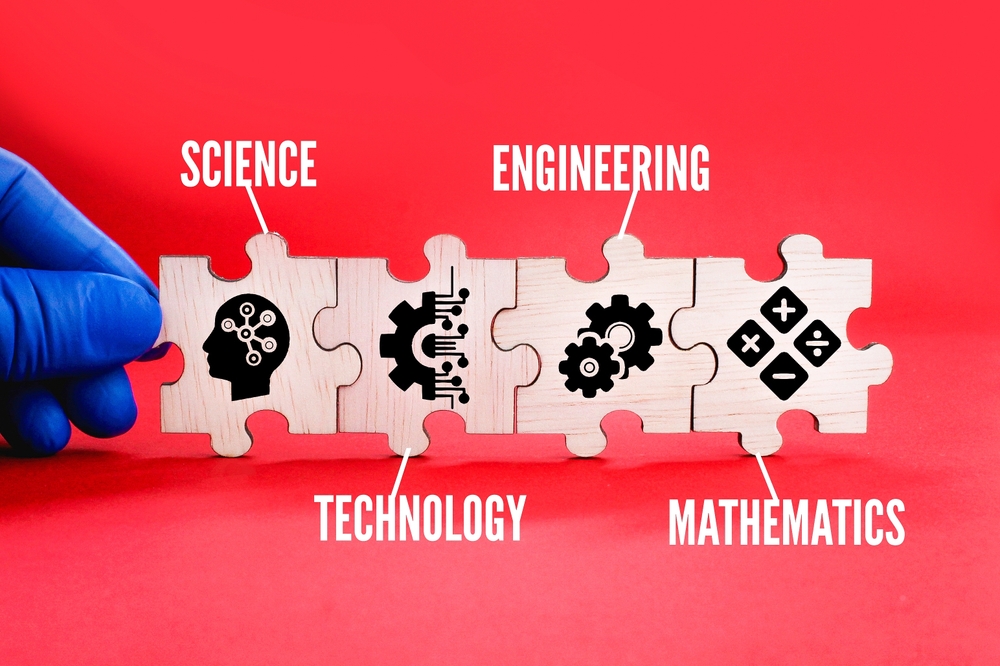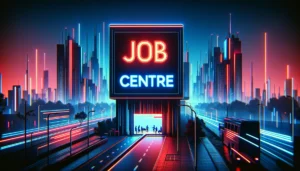Nobel Prize winner Sir Christopher Pissarides has cautioned younger generations against rushing to pursue studies in science, technology, engineering, and mathematics (STEM) fields because of AI.
Pissarides is a renowned economist and a professor of economics at the London School for Economics. He was awarded the Nobel Prize in Economic Sciences in 2010, alongside Peter A. Diamond and Dale T. Mortensen, for their analysis of markets with search frictions.
Pissarides’ work primarily focuses on understanding how unemployment, job vacancies, and wages are affected by regulation and economic policy. So when he says AI will be taking over a specific sector of jobs, we should probably pay attention.
Historically, students were encouraged to pursue STEM subjects, and the salaries and current job opportunities in those fields confirm that this was good advice. Pissarides says AI is about to change this.
He says that some IT jobs are sowing their “own seeds of self-destruction“ by advancing AI which will eventually take the same jobs they’re doing in the future.
Creating AI models and applications requires computer scientists and engineers to collect data, collate it, and then train these models to become more useful in the real world.
While they do that, Pissarides says they are creating the tech that will render their engineering and computer skills obsolete in the future.
It’s interesting to see some of the predictions Pissarides made back in 2018.
We will work less, and enjoy ourselves more, according to Nobel Laureate Christopher A. Pissarides. Learn more about the future of work: https://t.co/uySD2ePlKg pic.twitter.com/AayJIQn9f2
— World Economic Forum (@wef) July 9, 2018
If not STEM, then what?
It’s not all doom and gloom on the jobs front. He sees AI having a net positive effect on the jobs market but with a shift towards jobs that will be more difficult for AI to replace.
Jobs that require more empathy, like customer-facing roles in hospitality or customer services will likely continue to experience high demand. Although, with the advances in humanoid robotics even that is likely to change.
Roles that rely on creative thinking and emotional intelligence are a lot more difficult to replace with cold, calculating artificial intelligence.
Pissarides is part of a project called The Institute for the Future of Work, which emphasizes well-being in the context of labor market policies and new technologies. AI will lead to a lot of people doing very different jobs than they’re currently doing. How will they feel about that?
The Institute for the Future of Work says it aims to work with civil society, industry, and governance to create “a good society in which everyone can flourish through this new technological revolution.”
If you’re thinking about which field of study will lead to the most in-demand jobs in the future it might be good to consider what AI finds easy to do and what it struggles with.
AI and robotics aren’t great at humor, dexterity, or empathy. So instead of programming, if you asked Pissarides, he might suggest you rather consider becoming a comedian, a plumber, or a caregiver.





